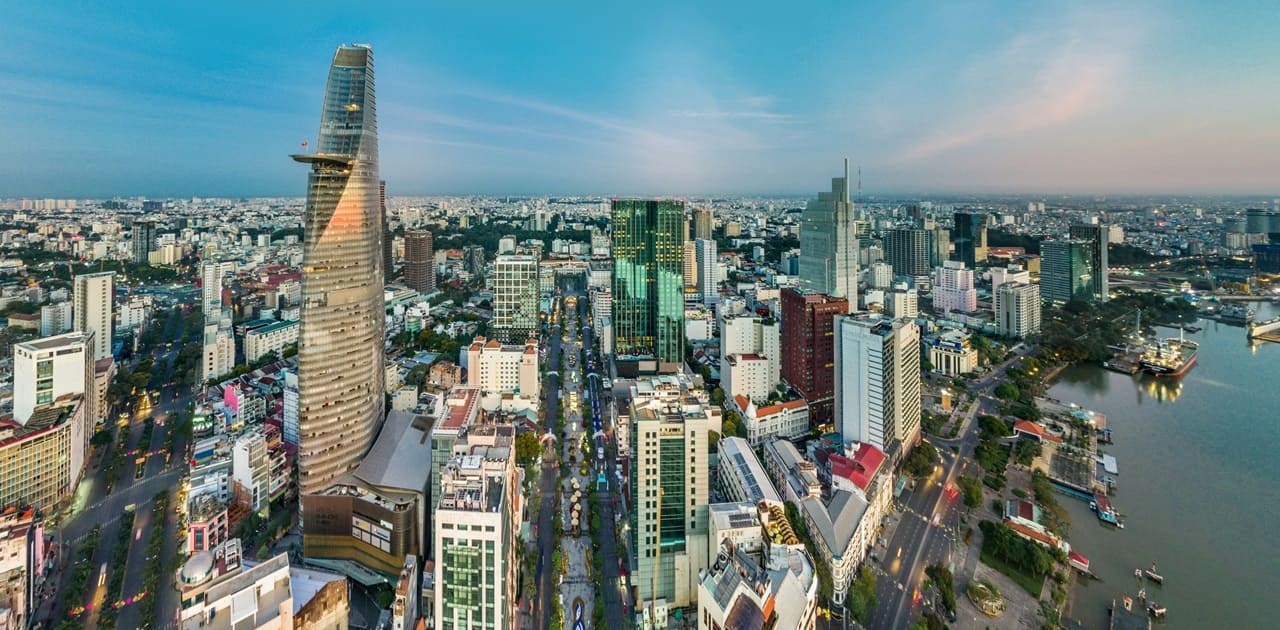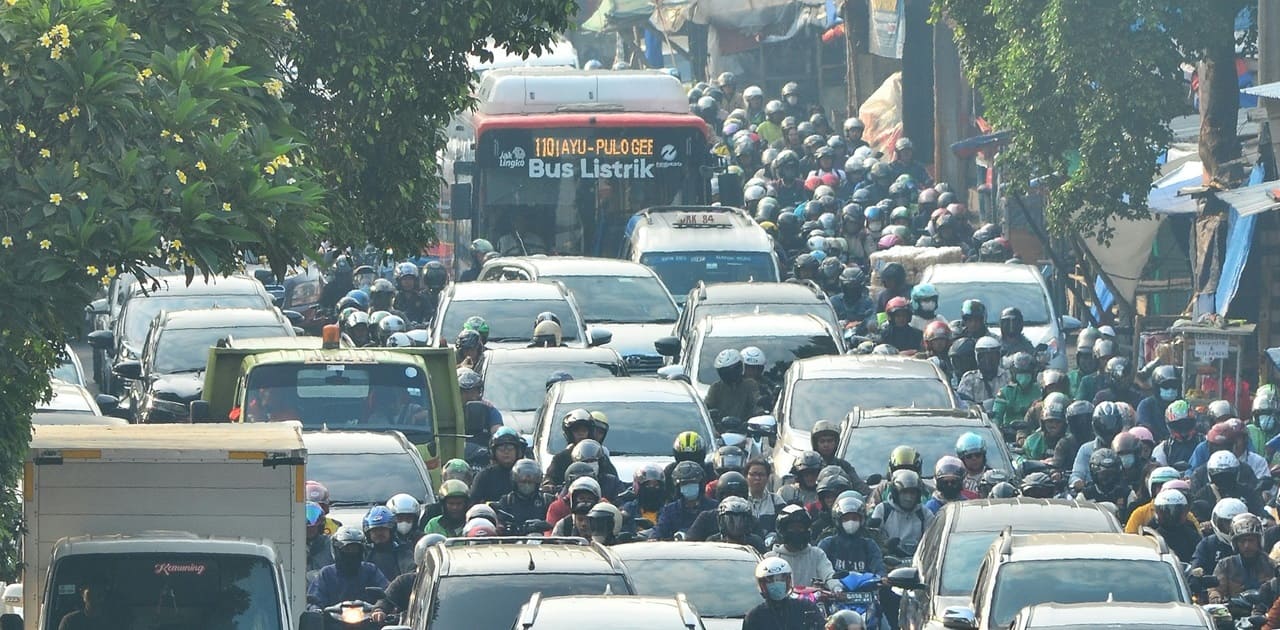Heaptalk, Jakarta — Jakarta held the 103rd position in the Smart City rankings, showing stagnation based on the 2025 Smart City Index results issued by the IMD World Competitiveness Center (WCC). This achievement was surpassed by Ho Chi Minh City, Vietnam, which was previously ranked below Jakarta.
Besides Jakarta, Medan and Makassar also made the list, though neither saw significant changes. Medan dropped one spot from 112th to 113th this year, while Makassar climbed one place from 115th in 2024 to 114th in 2025.
These three Indonesian cities fell behind several cities from other Southeast Asian countries, such as Singapore, Kuala Lumpur (Malaysia), Bangkok (Thailand), Hanoi (Vietnam), and Ho Chi Minh City (Vietnam). In Southeast Asia, Indonesian cities only outperformed Manila (Philippines). Over the past five years, Jakarta, Medan, and Makassar have declined in the smart city rankings, now below the top 100 cities globally.

Several Southeast Asian cities listed in the 2025 IMD Smart City Index include Singapore, which is ranked 9th, down four spots from 5th last year; Kuala Lumpur, which is ranked 65th, up eight spots from 73rd previous year; and Bangkok, which is ranked 86th, down two spots from 84th last year.
Meanwhile, Hanoi ranked 88th, up eight spots from 97th last year. Ho Chi Minh City ranked 100th, up four spots from 104th last year. Jakarta ranked 103rd, unchanged from last year. Medan ranked 113th, down one spot from 112th last year. Makassar ranked 114th, up one spot from 115th last year. Manila ranked 125th, down four spots from 121st last year.
Traffic congestion and corruption
The IMD Smart City Index is an annual study measuring public perceptions of how smart and advanced their cities are. The study defines a smart city as one that balances economic growth, technology, environmental sustainability, and social inclusion to improve residents’ quality of life. The research compiles data from 39 surveys, representing opinions from various societal groups.
According to the survey, traffic congestion and corruption are the two main concerns for Jakarta, Medan, and Makassar residents. For Jakartans, the top three urgent issues are air pollution, traffic congestion, and corruption/transparency. In Medan, residents highlighted safety, corruption, and traffic jams as significant problems. Meanwhile, Makassar residents highlighted high unemployment, corruption, and congestion as key concerns.

Arturo Bris, Director of WCC, stated that significant cities drive economic growth and attract urbanization globally. However, this success often comes with a considerable rise in living costs. “We see a growing gap between urban residents’ income growth and the steeply rising prices of rental and purchased housing,” Bris said.
The study also highlights the increasing unaffordability of housing in major cities included in the 2025 IMD Smart City Index. High housing prices have become a global issue, with the lack of affordable housing no longer only affecting low-income households but now also impacting the middle class.
The survey also asked residents whether they struggled to find housing with rent costs at or below 30% of their average monthly salary. In Indonesia, less than 20% of Jakarta residents reported housing costs within 30% of their monthly income. Only 10% of Medan residents found housing priced at 30% of their monthly salary.











